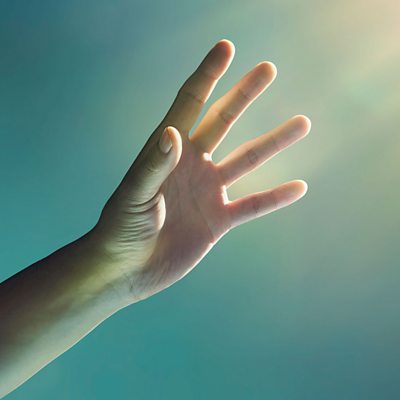Episode details

Available for over a year
Good morning. 'The largest humanitarian crisis since the creation of the United Nations’ is what UN chief Stephen O’Brien calls the 20 million people facing the threat of starvation in Yemen, Somalia, Nigeria and South Sudan. Over 30 years on from Live Aid, and countless Red Noses, the need for a further 3.6 billion pounds by July may be profoundly depressing for some, and for others might tempt them into an international version of victim shaming – after all the famine is in large part due to continuing conflict, the lack of the rule of law and poor governance. Indeed, some of this has been fuelled or left unimpeded by religion, whether in the clash of Christians and Muslims in Nigeria or in the three years of civil war in the predominately Christian South Sudan. Yet our shared humanity should enable us to hear the cry of the personal story of the defenceless victim whatever the longer term lessons that have to be learned. Bishop Francis Loyo of Rokon in South Sudan came to our college to study in 2004. He had a profound impact on all of us that met him, mixing joy and raucous laughter with a life story of hunger, separation from his family, imprisonment and serving an area which had been the front-line of the previous civil war. He quietly stressed the responsibility and opportunity of working out our shared humanity in practical partnership. This led to a small charity being formed by students and staff, and the building of a school in Rokon in the midst of bomb damage, used bullet cartridges and unexploded mines. Bishop Francis, now back in South Sudan, borrows an old saying from his culture, ‘I am because we are and, since we are, therefore I am.’ This is exemplified in the parable of the Good Samaritan told by Jesus, where the question of who is my neighbour in a time of need is universalised beyond tribal, religious and national divides. To be honest at times I am guilty of donor fatigue and it is easy to point the finger at conflict and corruption. There does need to be reconciliation and justice, but the victims of famine are a judgement on my selfish use of wealth, and put me in the role of those who walk by on the other side of the road because they think help is too difficult and in doing so I limit the love of God. When the UN chief says that because of the famine ‘We stand at a critical point in history’ – I need to be clear that this is where I stand.
Programme Website